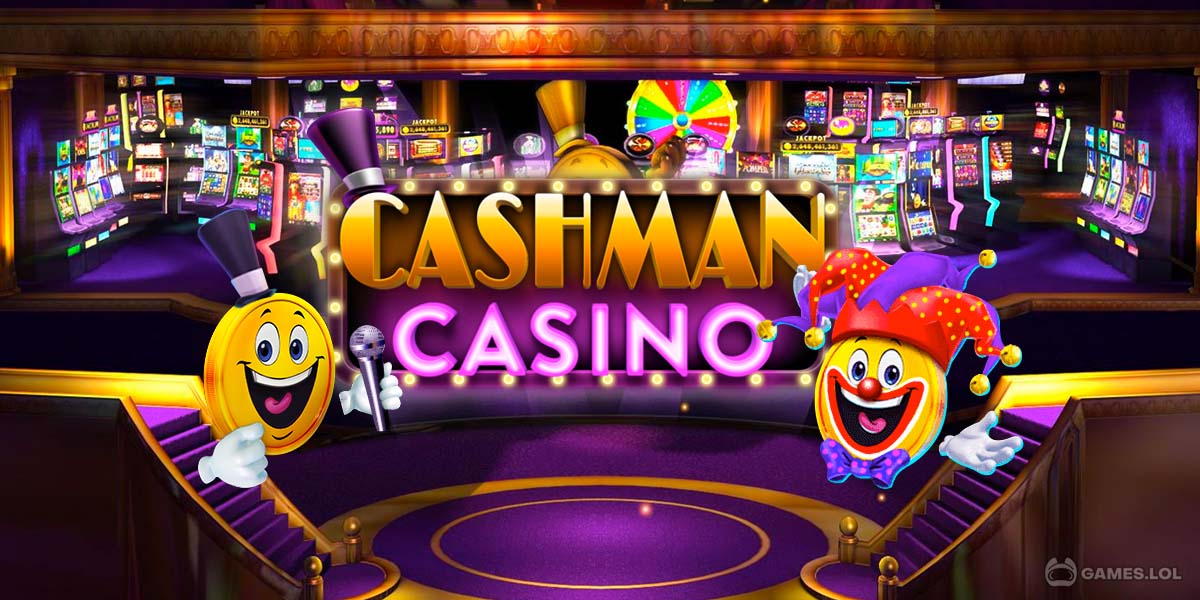
This world of gambling games has experienced a significant evolution in recent times, propelled by tech progress and changing consumer preferences. As more players turn to online mediums for leisure, traditional gambling activities are being increasingly adapted to meet the needs of a technology-oriented audience. This shift not just includes the transition from brick-and-mortar to virtual spaces but also encompasses the evolution of gameplay systems and player interaction strategies.
In this new virtual age, game developers are harnessing cutting-edge techniques to create engaging experiences that appeal with a varied spectrum of players. From online slot games with breathtaking visuals to interactive card activities that replicate the feel of a real-life gambling hall, the modification process is redefining how we perceive and experience casino games. As we navigate this fascinating journey, it becomes evident that the prospect of gaming lies in the seamless integration of advanced tech with the timeless appeal of luck and strategy.
A Development of Casino Games
Gambling entertainment have undergone significant evolutions throughout history, showing shifts in technology, culture, and player preferences. In ancient eras, basic games of chance were enjoyed using simple materials such as stones and bones. As societies progressed, so did the sophistication of these games. The introduction of card games in the Middle Ages marked a crucial moment, leading to the development of well-known titles like poker and 21, which are continuously played today. design Over the years, the physical layout of casinos has also evolved, transitioning from small local locations to expansive, ornate establishments.
The twentieth century ushered a transformation in the realm of gambling entertainment with the arrival of electronic gaming. Fruit machines appeared as a popular draw, engaging players with their vibrant lights and audio effects. https://69vn.travel/ This era also saw the rise of casino resorts, which merged luxury accommodations with a wide variety of casino options. The launch of video gaming further expanded the field, allowing for more complex designs and gaming mechanics. These innovations not only pulled in a wider audience but also altered the way gambling games were experienced.
With the rise of the web in the final 90s and early 2000, gambling entertainment entered a new online phase. Virtual casinos appeared, providing participants with the convenience of playing from their homes. This shift required game developers to reconsider traditional mechanics and modify them for an engaging online experience. Today, advancements in tech, including smartphone gaming and virtual reality, continue to shape the progress of gambling entertainment, creating immersive experiences that captivate gamblers like not before.
Primary Attributes of Online Casino Games
Digital casino games have transformed the way participants engage with the gambling experience by delivering engaging experiences that replicate the thrill of brick-and-mortar casinos. One of the most important features is the use of top-notch graphics and animations, resulting in a visually appealing environment. Designers focus on offering authentic themes and compelling storylines that pull players into the game, enhancing their overall experience. The capability to deliver 3D visuals and stunning sound effects means that players can savor a dynamic atmosphere akin to what they would encounter on a casino floor.
Another essential aspect of online gambling games is the accessibility they offer to players globally. Digital platforms enable individuals to play their favorite games from the comfort of their own homes or on the go through mobile devices. This comfort is accompanied by a diverse selection of game options, including slot machines, table games, and live dealer experiences. Players no longer need to commute to a casino to enjoy their favorite betting experiences, allowing a broader audience to engage with gaming.
Lastly, digital casino games frequently integrate innovative features such as immersive play and social interactions. Many games now allow players to challenge one another against one another, participate in tournaments, or even post their achievements on social media. This change encourages a sense of belonging among players while encouraging positive competition. Additionally, features like customizable avatars and in-game chat options improve player interaction, making the digital gaming experience even more thrilling for all users.
The Future of Online Gaming
When technology advances, the landscape of online gaming is preparing for significant transformation. Immersive and enhanced reality are making waves, offering players an realistic simulation that reflects the excitement of being in a brick-and-mortar casino. These advancements create opportunities for creators to introduce innovative game formats and dynamic elements, reshaping how players connect with their favorite casino games.
Furthermore, the integration of smart technology is elevating user experiences and customizing gameplay. AI can analyze player behavior, suggest tailored game options, and improve customer support through virtual agents. This personalization not only keeps players occupied but also contributes to build a committed community around particular casino platforms, placing them for success in a competitive market.
In conclusion, the rise of gaming on mobile devices is another key factor shaping the future of online gaming. With an ever-increasing number of players accessing casino games on their phones, creators are concentrating on optimizing their platforms for smartphone compatibility. This shift allows players to experience casino games wherever they are, paving the way for a more versatile and accessible gaming environment that attracts a wider audience.